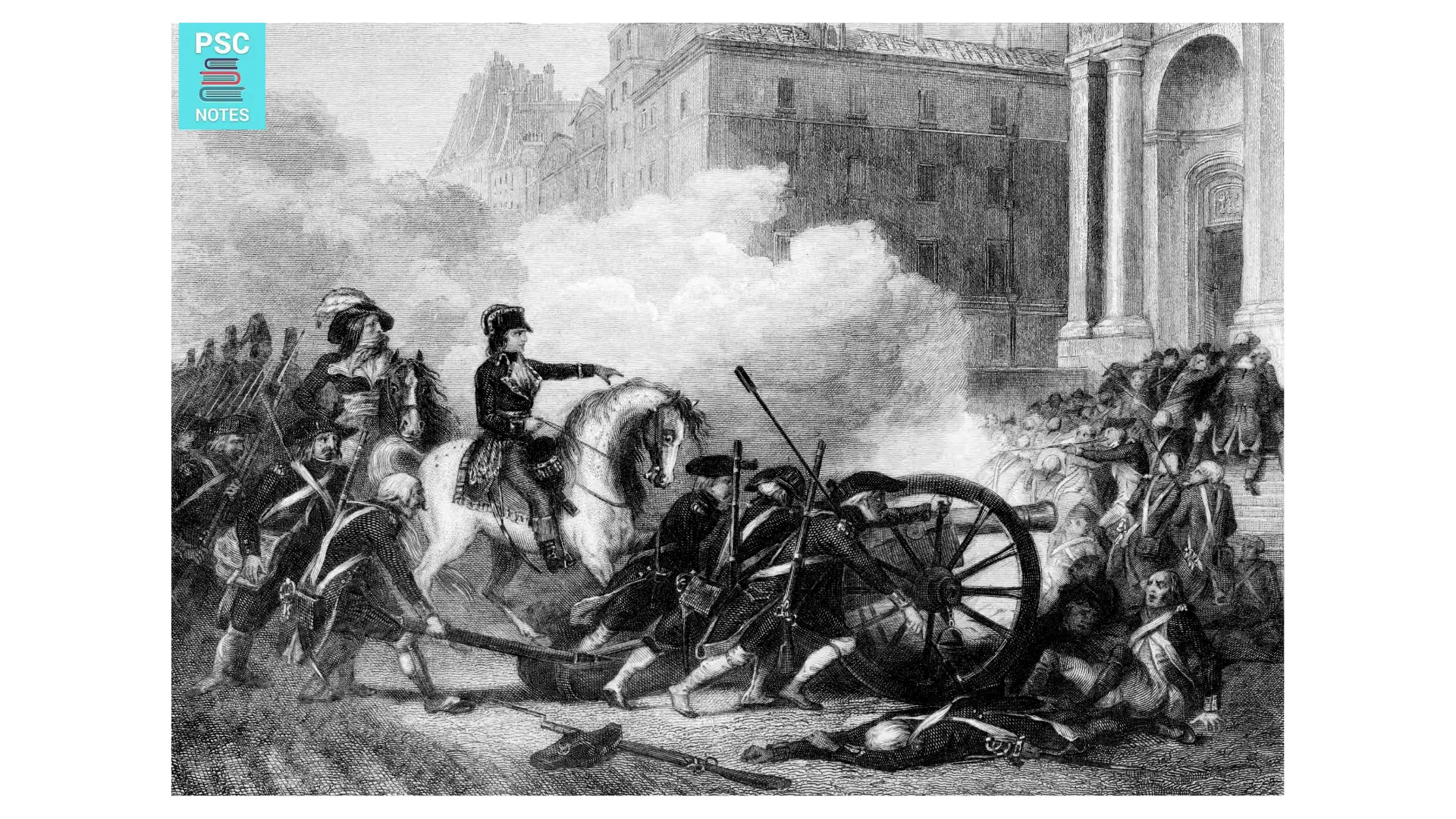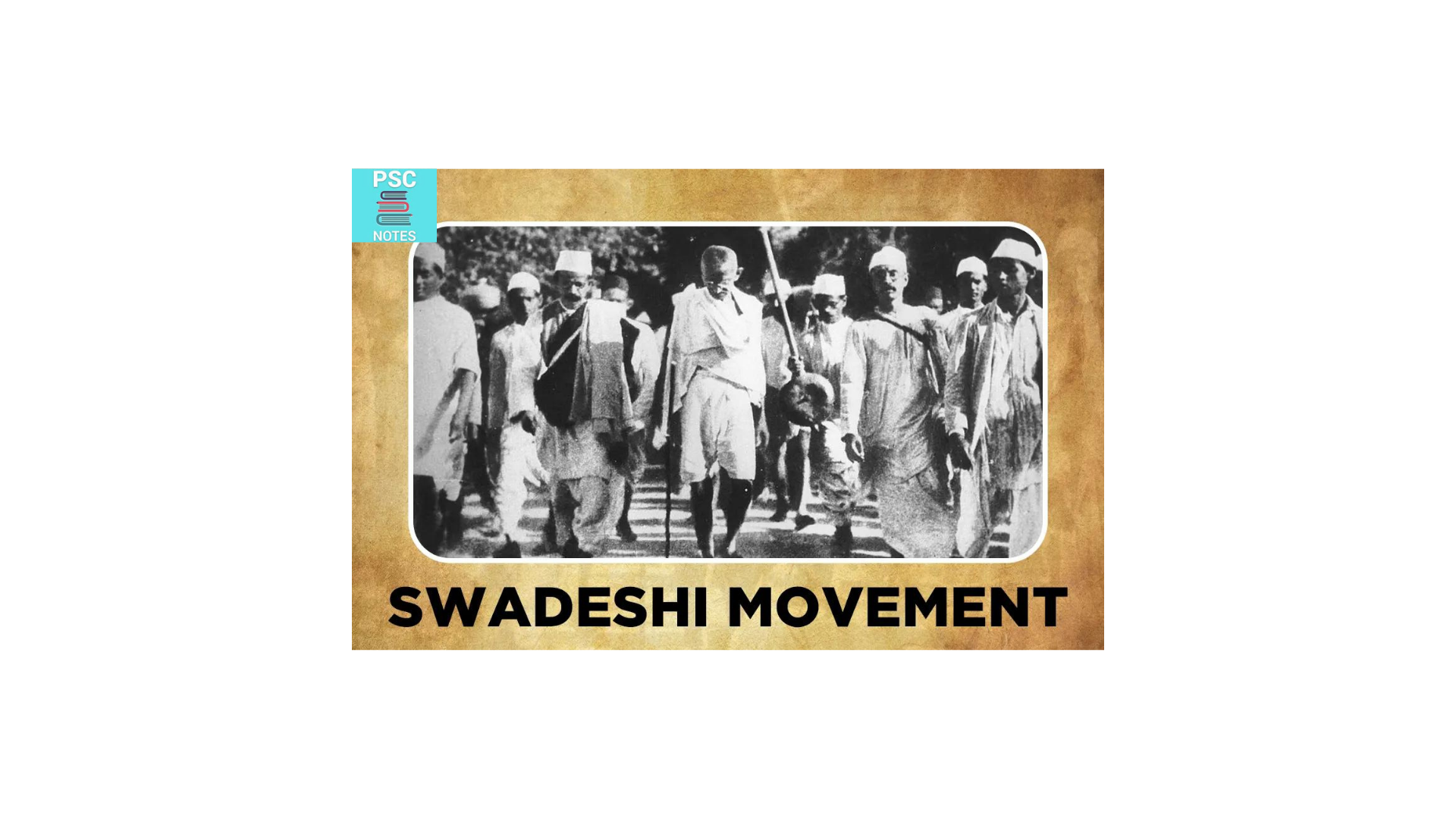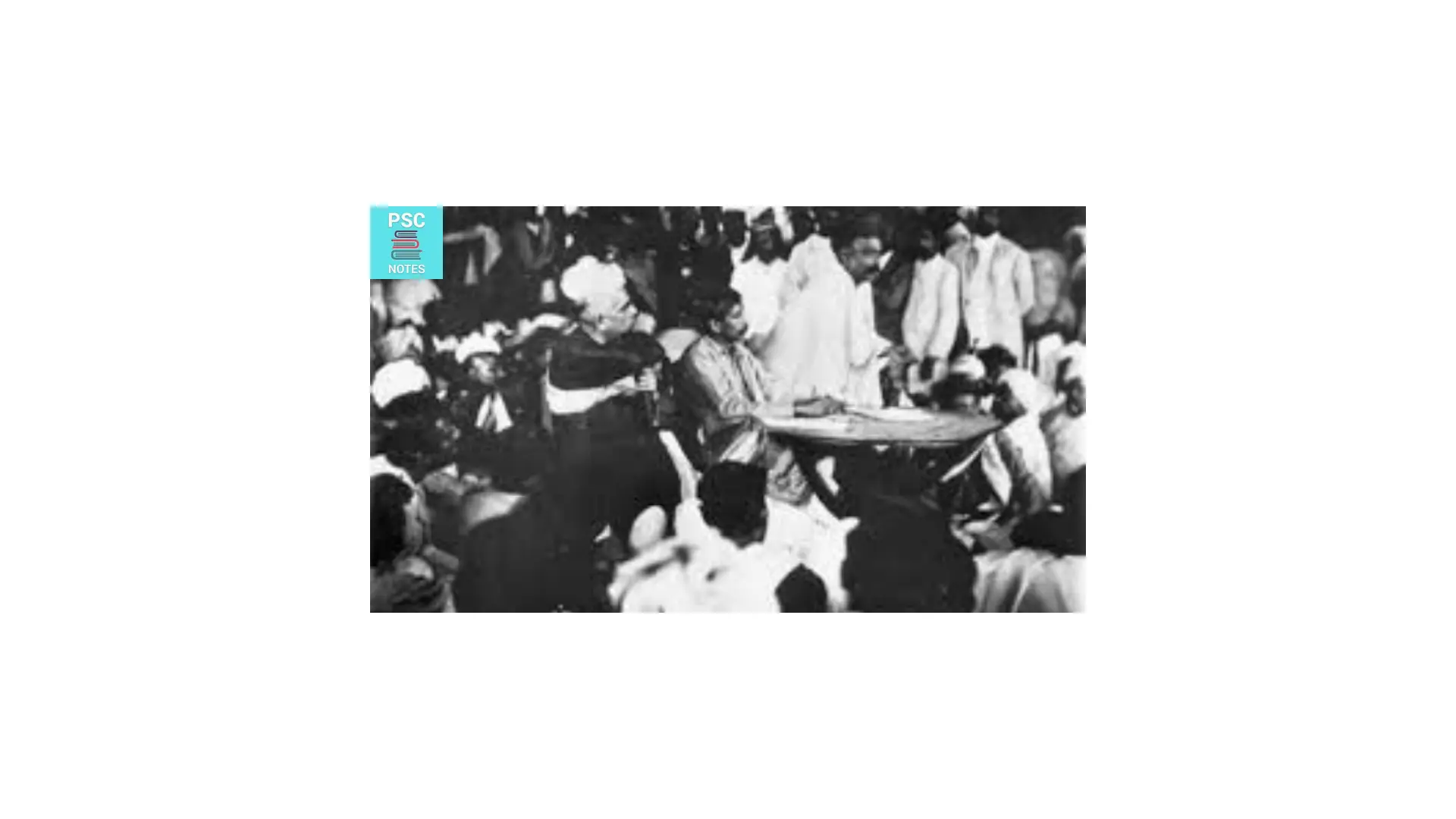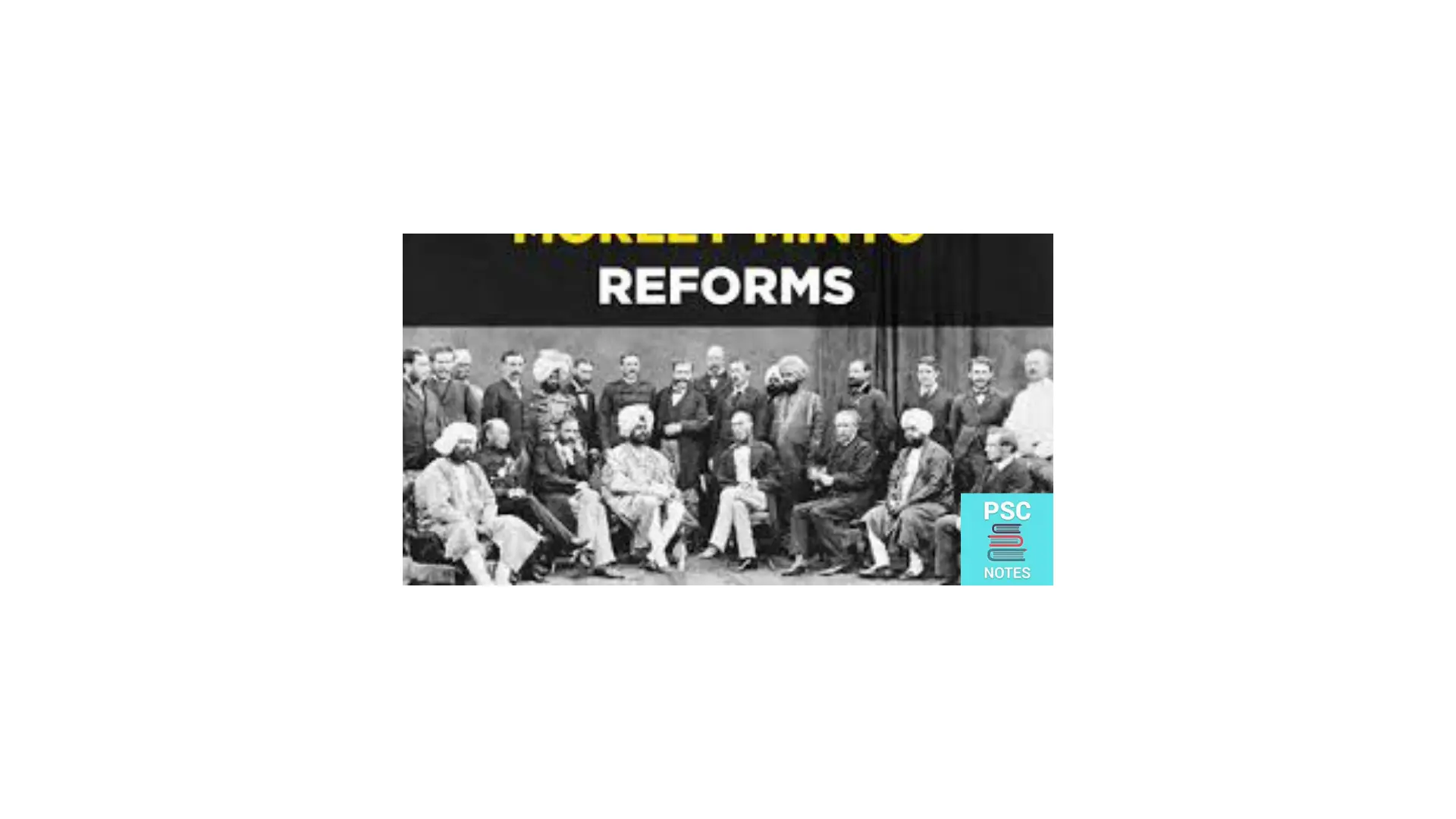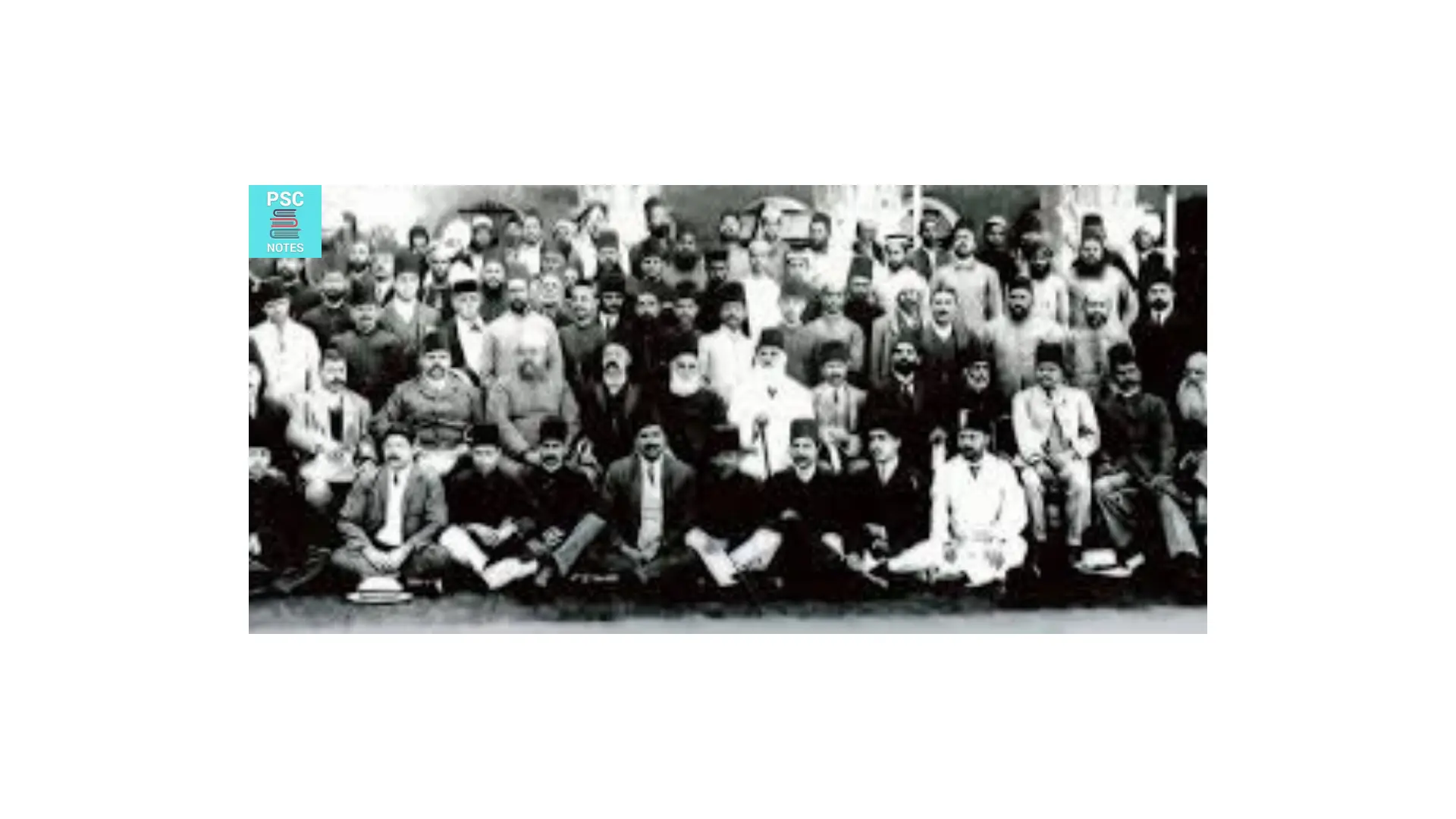Lucknow Pact (1916),Montagu-Chelmsford Reforms and Rowlatt Act
Lucknow Pact (1916) Nationalists saw that their disunity was affecting their cause Two important developments at the Lucknow Session of Congress The two wings of the Congress were again united The Congress and the Muslim League sank their old differences and put up common political demands before the government. INC and ML passed the same … Read more

